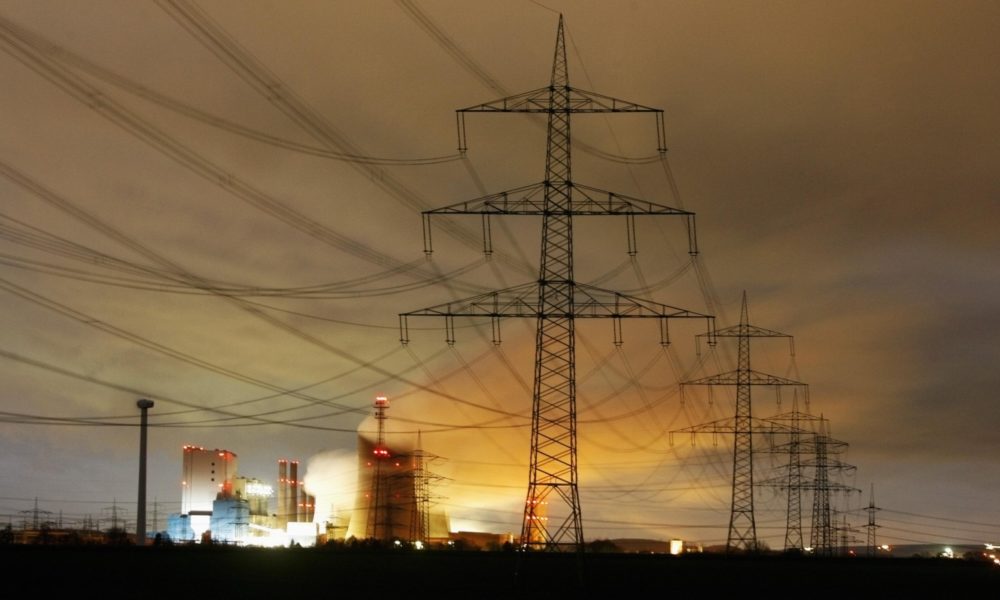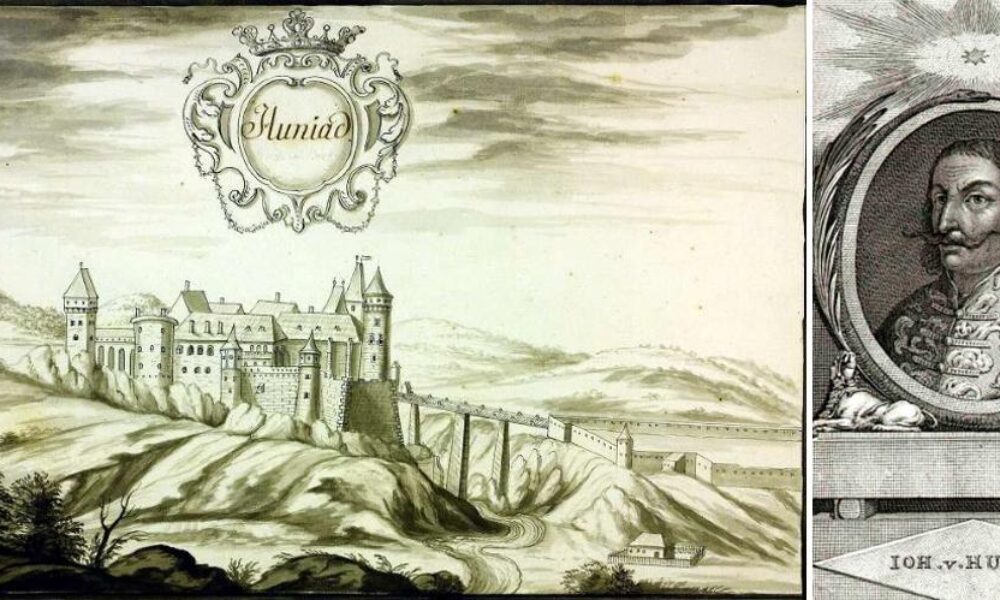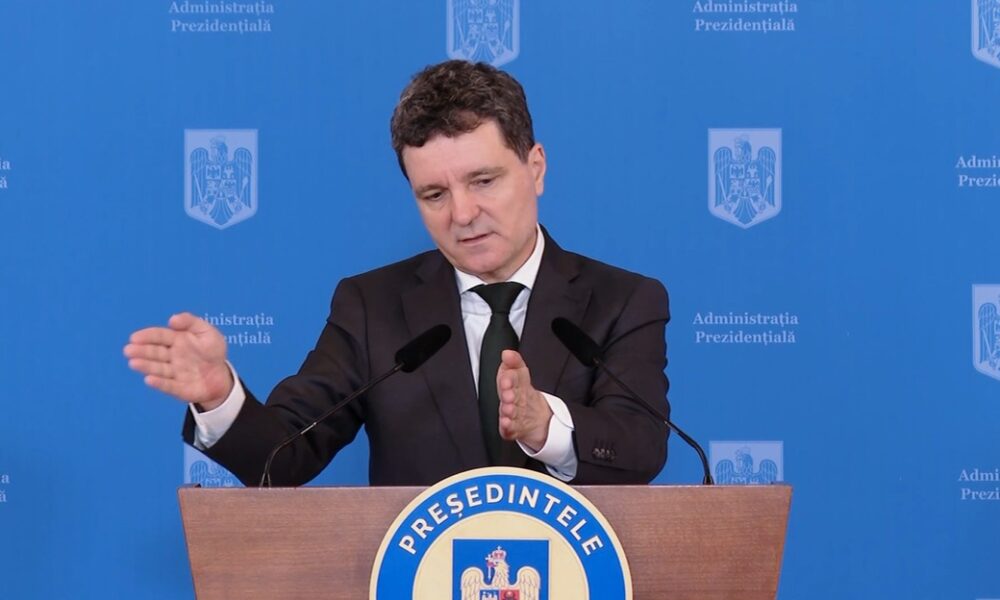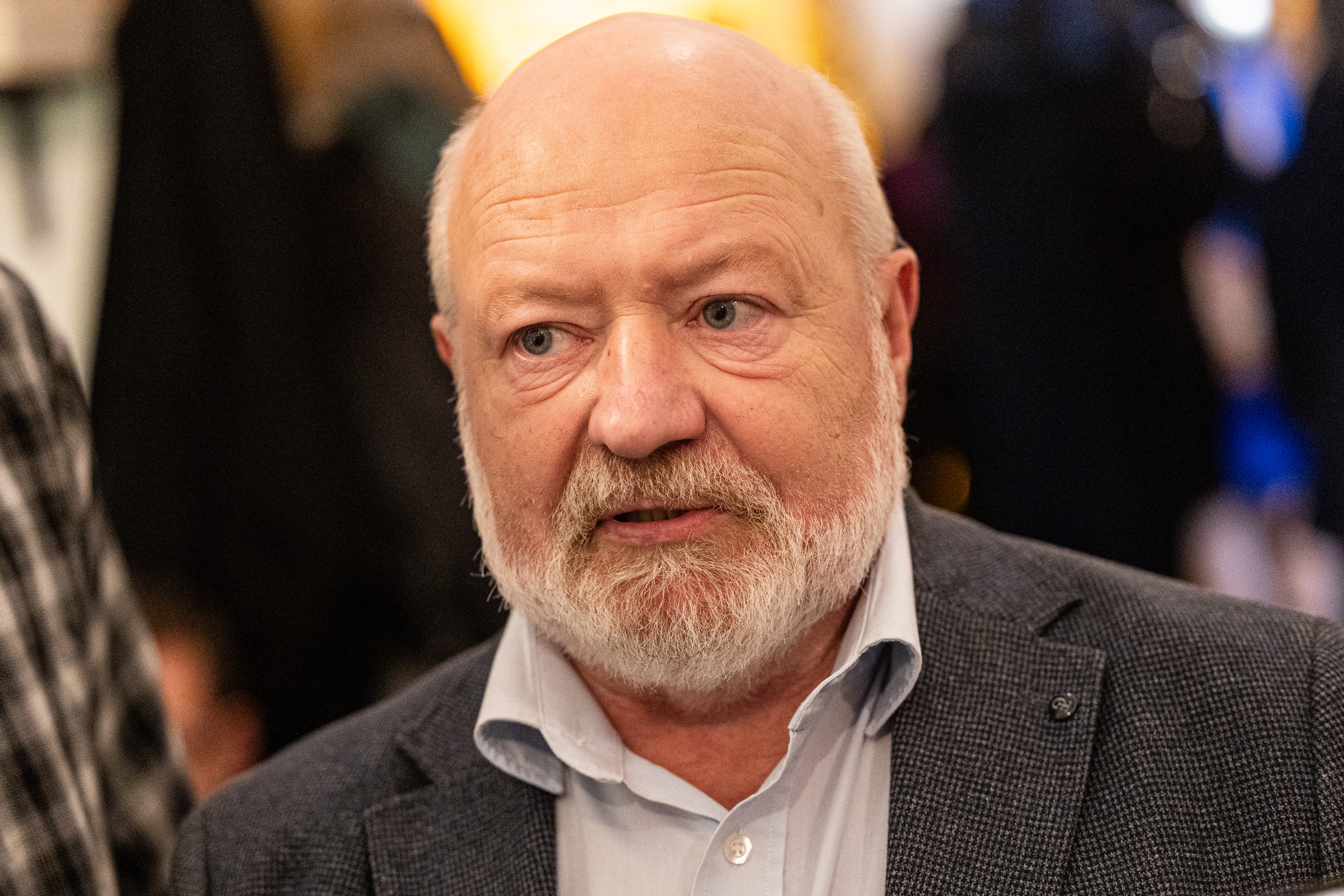Burduja, about the risk of black-out in Romania

The Minister of Energy, Sebastian Burduja, said on Wednesday that there is no risk of black-out in Romania, under the current conditions, even if on the first and second day we will produce more electricity than the need for consumption.
‘I convey from the head of the place what the specialists have transmitted to me: there is no risk of black-out in Romania, under the current conditions! I ask the representatives of the press, but also the political actors, to show responsibility and not to induce panic. In short, we will have two days-the first and second Easter day, especially between 11-16 hours-in which we will produce more electricity than the necessary consumption. We will have to handle the system balancing, frequency and voltage levels in the electrical transport network and in the electric distribution network, so as not to cause damage to the installations in Sen ‘, Burduja wrote on your own Facebook page.
He explained that there is nothing abnormal for the national consumption to be the lowest of the year, the challenge for Romania being similar to many countries in Europe. ‘This is most often happening. And with the massive investments in new solar+wind production capacities and those from prosumers, we expect a consumption on Easter day, at the afternoon, around 2500 MW, an extremely low level. The biggest challenge comes from the fact that the situation described for Romania is similar to many countries in Europe, « the minister pointed out.
In his opinion, the ‘appetite’ in order to import energy from other markets, including Romania, will be reduced during the Easter period, and for this reason at the Entso-E level, a working group in each system, identify the problems, associated risks and coordinate the technical possibilities of helping.
‘Yes, it will be a stress period among those who manage the national energy system. It is neither the first nor the last. And we do that every time what we need – we are preparing in advance and staying on duty, « Burduja said.
The energy official added that the precaution and control measures that the specialists presented concern two main directions. The first of them refers to the reduction of the active electricity surplus, which can be achieved by reducing the production and increasing the consumption of electricity.
Thus, Hidroelectrica, based on the dispatcher provisions, is willing to reduce its electricity production to zero MW and will schedule the operation of the pumps in Lotru, Sebeș and Drăgan arrangements on pregnancy gaps, thus ensuring an increase in electricity consumption of about 40-50 MW; Elcen will have all the groups stopped and will only ensure the required heating requirements; CE Oltenia will have two groups in operation. In case of necessity, a special operating scheme of the two groups has been prepared, which will allow the production to about 80-90 MW/group.
Also, Cernavoda CNE will work balanced, according to the commercial contracts they will have. ‘If they do not cover the available power of groups, they will work download. The reduction of power they can achieve, without major impact on U1 and U2 is 140 MW/unit (20% of installed power/unit). Only in the exceptional case do we consider the possibility of reducing 280 MW/unit (40% of the installed power/unit) ‘, the bellows said in its post.
Last but not least, battery storage installations will operate in charge (consumer) on load gaps, thus ensuring an increase in electricity consumption of about 50 MW over a period of about 6 hours. The minister says that there are storage facilities in commercial operation of approximately 330 MW, in just 15 months reaching from 16 MW to 330 MW and ‘this makes today we have the storage on the agenda of the energy command sessions’.
« The electricity suppliers and the customers connected to the distribution network will be alerted to comply with the provisions of the ATR, respectively from the connection certificates, and the electricity injected to the connection point does not exceed the power approved by these documents, » the head of the Energy.
The second precaution and control measure aims to reduce the voltage level in the SEN. In this context, the national energy dispatcher (DN) will order the operation in reactive power absorption to small ECEs and CEFs (1 less or equal to less than or equal 5 MW) in accordance with the technical requirements stipulated in the technical norms, by using all the technical means they have.
Burduja states that the disposition will be transmitted in advance to both the managers of these installations and the local dispatcher centers (DELC), for those that are operated from such dispatcher centers. For the periods in which the operation will be ordered in this regime, the plants will be exempted from the payment of the reactive energy consumed.
Also, DEN will order the operation in reactive power absorption regime at the power plants in the technical conformity verification samples, regardless of the category of which they belong (B, C and D), by using all the technical means they have; The synchronous compensator of the groups from Che Lotru and Che Vidraru will be ensured; Classic power plants, renewable power plants and category C and category storage installations will receive reactive voltage/power adjustment provisions from Dec and/or DETs, the Minister of Energy is shown.
‘During this period of stress and high demand, I ordered that all the entities involved in the process of ensuring the normal operating conditions of the SEN should permanently open the communication channels, to collaborate, to support each other to prevent possible dysfunctions and to intervene if incidents occur. We will all be on duty, including on Easter days, with open phones and prepared to ensure the balance of the national energy system. I appreciate the proactive initiative of the APCE prosumers Association, who appealed to prosumers who will not be home to stop the installed photovoltaic system. I recommend the same, as a gesture of civism towards the national energy system. All, producers, distributors, carriers, suppliers, prosumers, consumers are part of the national energy system ‘, wrote Sebastian Burduja on the social page.








